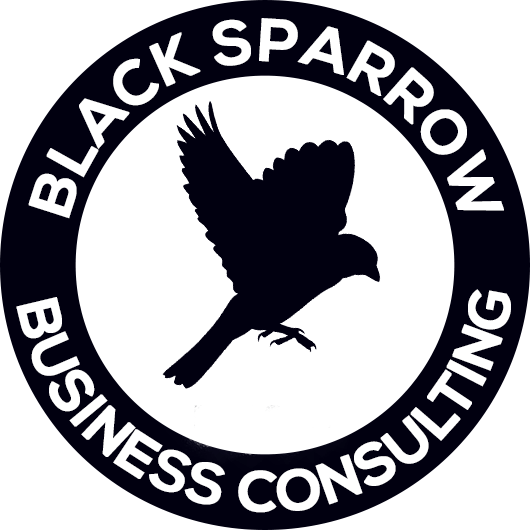- Sometimes, you just have to state the obvious to solve a problem that can’t be seen.
- Sometimes, you must pull back the covers on an untruth you’re telling yourself to see the way forward.
- Sometimes, the solution you’re looking for comes from asking a better question.
Much has been written and spoken about the current state of the Australian job market—or, more accurately, the candidate-short market. COVID-19 lockdowns, closed borders, international travel restrictions, and the Great Resignation have all contributed to the limited number of available workers within Australia. But is that the whole story?
While these factors have undoubtedly played a role in the current labor shortage, how many employers are using this as an excuse rather than addressing the underlying issues within their own talent acquisition strategies?
The Real Problem: Are You Keeping Up with Market Expectations?
Recently, I had the opportunity to work with a market-leading company struggling with hiring difficulties. They were finding it challenging to recruit strong sales consultants to promote their products in-store. Many of the applicants who were interviewed lacked the demonstrated ability to sell—a fundamental requirement for the role.
After a deep dive into the candidate brief, one glaring issue stood out: the salary on offer was well below market expectations. In fact, the salary had not been adjusted since 2018—no changes in four years.
The Solution: Adapting Your Recruitment Strategy
Albert Einstein famously said, “The definition of insanity is doing the same thing over and over again and expecting different results.” This is especially true when it comes to talent acquisition and workforce planning. We must adapt to the market rather than expect the market to adapt to us.
What was attractive in 2018 is no longer competitive in 2022, and the same will be true for 2026. So, how can you solve this problem? Should you increase the salary to meet current market expectations? Alter the job brief and lower the expectations for the role while investing in training? Or is there a third, more impactful option?
Exploring Alternative Solutions: Internal Promotion
In this case, we explored the potential to hire and promote from within, specifically from a sales support role. The advantage here was that the individual already had extensive knowledge of the business systems and a deep understanding of the customer base. We assigned them a mentor, enrolled them in the company’s sales training program, and provided support from day one.
To backfill the sales support role, we focused on attracting and hiring for an administration role instead. We discovered that the candidate pool for this position was much larger, and the salary conditions were in line with market offerings. The message we used to attract candidates? “Internal Promotion.”
The Takeaway: Adapt or Fall Behind
The job market is dynamic, and so too should be your recruitment strategy. By staying updated on salary expectations and being open to internal promotions, you can develop a more resilient and adaptive talent management system. Whether you’re working as a talent acquisition specialist, crafting a workforce planning strategy, or simply trying to improve your employee retention rate, the key is to remain flexible and forward-thinking.
Don’t let outdated practices hold you back—embrace the change and set your business up for long-term success.


